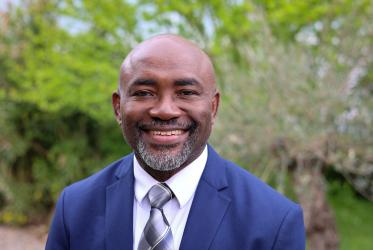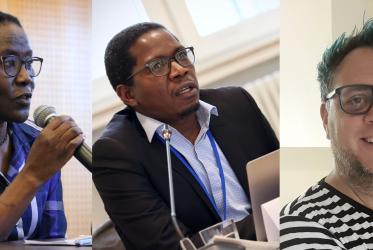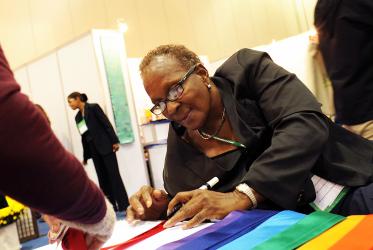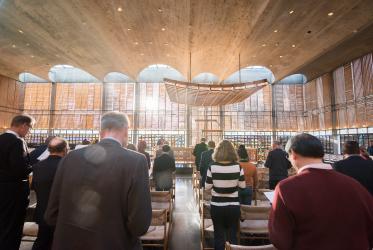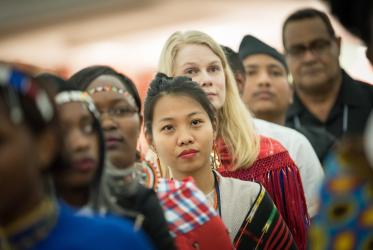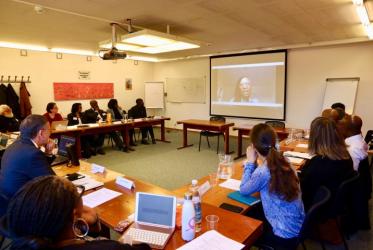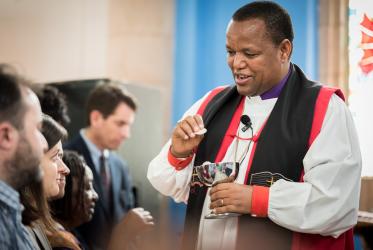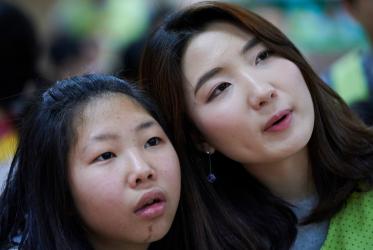Displaying 1 - 20 of 44
Thirty days that changed the ecumenical movement
23 October 2023
WCC posts job openings for leadership staff
27 January 2022
Plans for 11th WCC Assembly build excitement across the globe
18 February 2020
WCC leads exploration on racial justice
16 April 2019
Arusha offers vibrant and colourful worship life
12 March 2018


